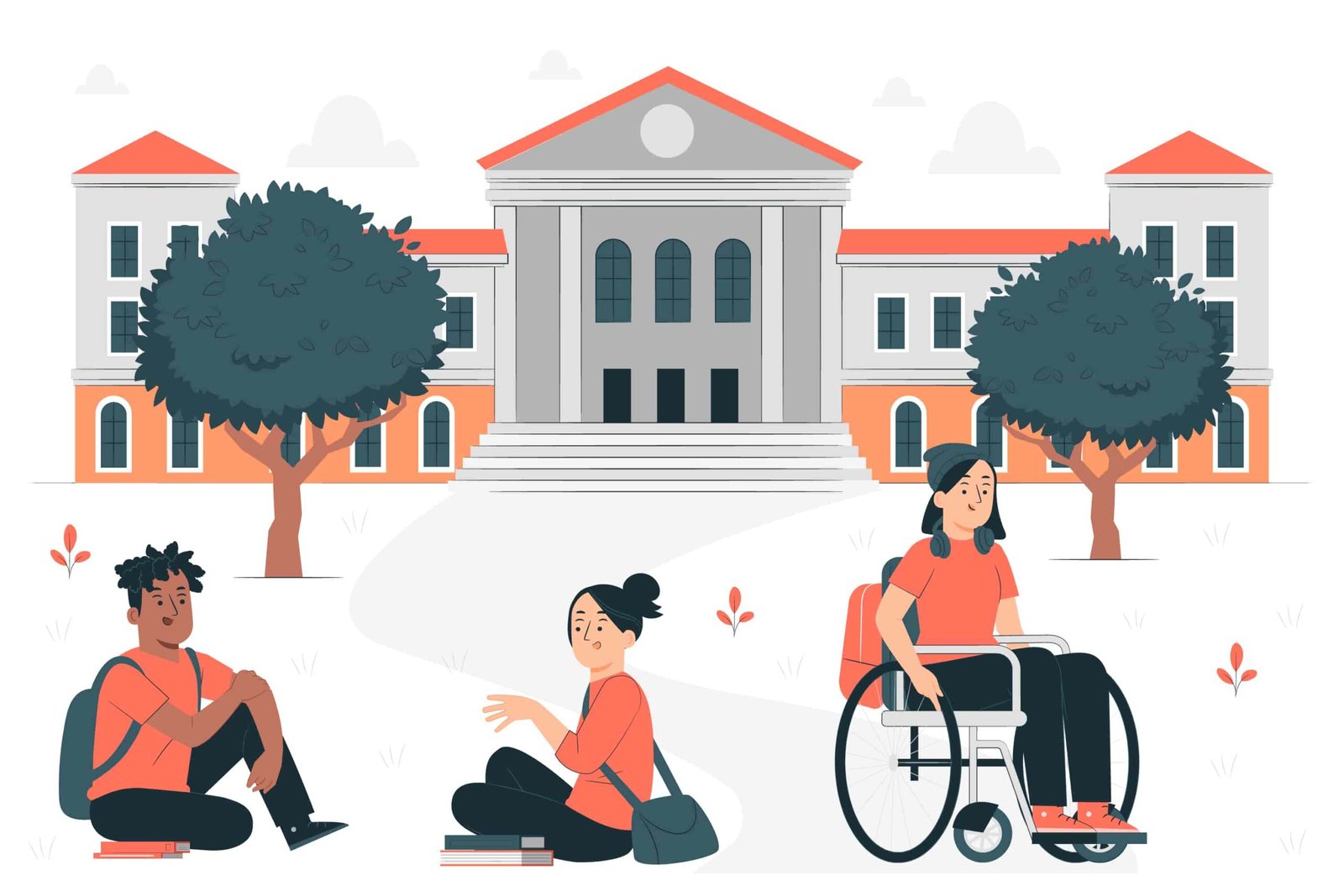Johns Hopkins University majors and acceptance rate
Located in the South region of the United States, Johns Hopkins America’s first research university enrolls more than 24,000 full- and part-time students throughout nine academic divisions. Their faculty and students study, teach and learn across more than 260 programs in the arts and music, the humanities, the social and natural sciences, engineering, international studies, education, business, and the health professions. The university has four campuses in Baltimore; one in Washington, D.C.; one in Montgomery County, Maryland; and facilities throughout the Baltimore-Washington region as well as in China and Italy.
Is Johns Hopkins University hard to get into?
The acceptance rate at Johns Hopkins University is 11%. For every 100 applicants, 11 are admitted. This means the school is highly selective; hard to get into. You have a great chance of getting accepted if you meet Johns Hopkins University’s requirements for GPA, SAT/ACT scores, and other application components.
Is Johns Hopkins University a good school?
Johns Hopkins University is a good school whose aim is to educate its students and cultivate their capacity for lifelong learning, to foster independent and original research, and to bring the benefits of discovery to the world.
What is Johns Hopkins University known for?
Johns Hopkins University is known for innovations in medical research, pioneering the field of genetic engineering, and being the first American school of public health. Johns Hopkins University is known for its advanced, diverse fields like engineering, international studies, history, and literary theory. Its acquisition of the Peabody Institute, the oldest music conservatory in the United States, also sets it apart as a fine arts institution.
Is Johns Hopkins University a party school?
No, Johns Hopkins University is not a party school.
What major is Johns Hopkins University known for?
- Public health
- Neuroscience
- Bioengineering and biomedical engineering
- Computer and information sciences
- Cell/cellular and molecular biology
- Economics
- International relations and affairs
- Mathematics
- Chemical engineering
- Experimental psychology
- Music performance
- Creative writing
- Mechanical engineering
- Political science and government
- Natural sciences
- Cognitive science
- Human biology
- Behavioral sciences
- Applied mathematics
- Sociology
- Romance languages, literatures, and linguistics
- English language and literature
- Chemistry
- Biophysics
- Physics
- Electrical and electronics engineering
- Biology/biological sciences
- Philosophy
- History
- Computer engineering
- Radio and television broadcasting technology/technician
- Materials engineering
- East asian studies
- Archeology
- Organizational leadership
- Environmental studies
- Music teacher education
- French language and literature
- Classics and classical languages, literatures, and linguistics
- Environmental science
- Civil engineering
- Environmental/environmental health engineering
- Art history, criticism and conservation
- History and philosophy of science and technology
- Anthropology
- Music technology
- Recording arts technology/technician
- Geology/earth science
- Engineering mechanics
- Music theory and composition
- Near and middle eastern studies
- Engineering
- German language and literature
- Liberal arts and sciences/liberal studies
- Latin language and literature
